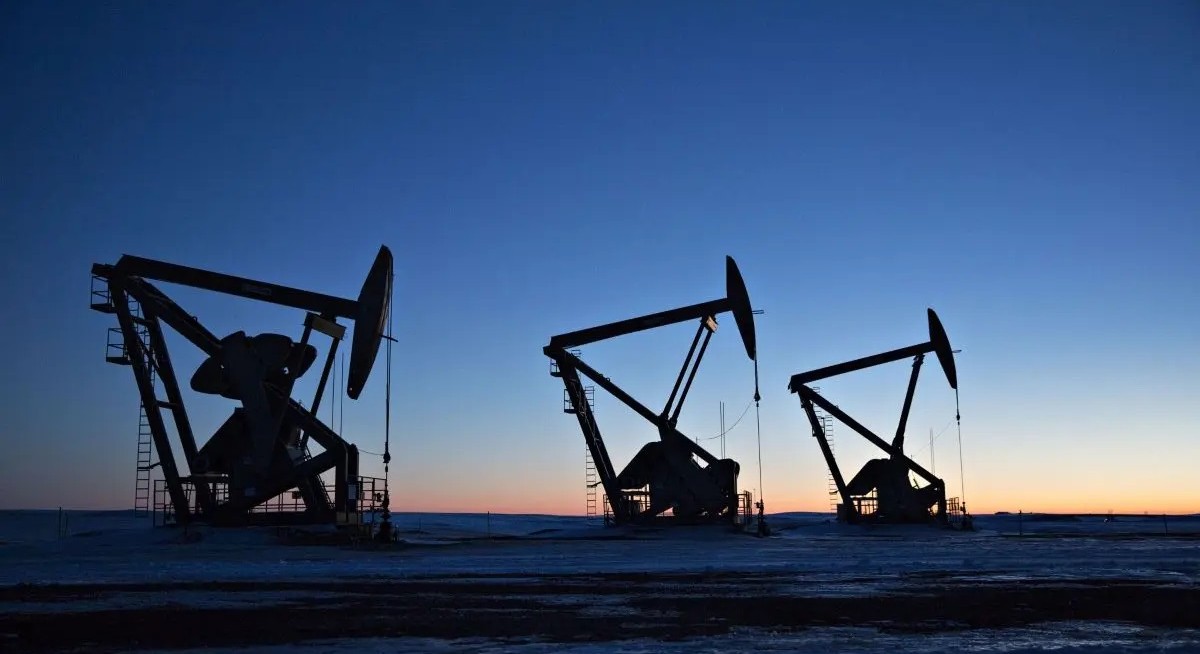The volatility has been driven by European Union sanctions on crude exports from OPEC+ member Russia, which come into effect on Monday. At the same time, China is tentatively easing the Covid measures that have eroded consumption in the world’s biggest oil importer.
The agreement came after an online gathering of the Organization of Petroleum Exporting Countries and its allies, which replaced the in-person gathering at its Vienna headquarters that had been planned until this week. Sunday’s virtual meeting took about 20 minutes.
Key Developments:
OPEC+ opts to keep output steady, as most analysts expected
The next full meeting is scheduled to be on June 4, while the Joint Ministerial Monitoring Committee meets on Feb. 1
The EU agrees to set a $60 price cap level for Russian oil
The cap level is seen as likely to keep Russian oil flowing
Kuwait says oil buyers don’t want to boost imports next year




